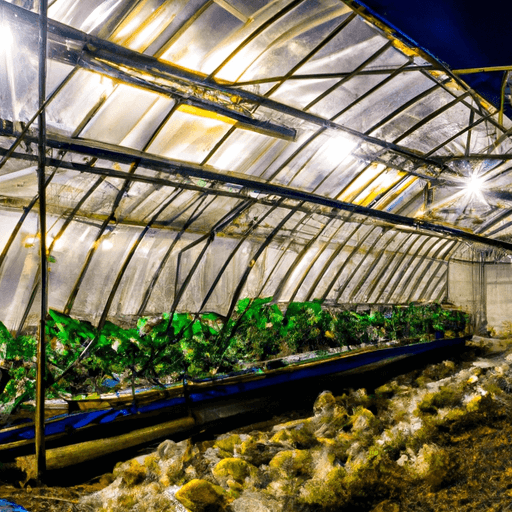475
Newsletter
Subscribe to our newsletter for exclusive content, latest news and trends, and exciting new features.
Categories
Music and EntertainmentArts and cultureFood and cookingTravel and tourism
Literature and writingScience and natureEntertainmentBeauty and personal careLifestyleBusiness and entrepreneurshipEnvironment and sustainabilityHealth and wellnessTechnologyGaming and esportsSports and fitnessEducation and learningHome and gardenPets and animals




















Comments
Leave a Comment